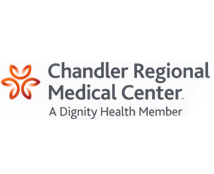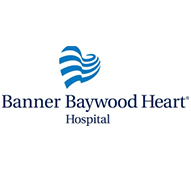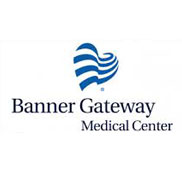Causes Of Irregular Heartbeat
Although a healthy heartbeat is consistent and steady, it’s not that uncommon to occasionally have a few extra heartbeats. This feels like a fluttering or racing heart, and can often pass harmlessly. Some types of irregular heartbeat, or arrhythmia, can be harmful, making it an important sensation to pay attention to. Consulting cardiologists in Phoenix will give you a better sense of your particular case.
An irregular heart rate can take different forms, whether too fast, too slow, or an inconsistent rate. As a general category, there are several different things that can cause irregular heartbeat, some of which can be treated quite simply.
Coronary artery disease: Blocked arteries can produce a number of symptoms, including increased heartbeat and palpitations, or fluttering, along with pain and dizziness.
Hyper/hypothyroidism: An overactive thyroid gland will have the effect of overstimulating the metabolism. One symptom of this is episodes of a type of rapid heartbeat called atrial fibrillation. Heart palpitationsare characteristic symptoms of this condition, although not necessarily definitive, and generally do not require further treatment beyond that indicated for the underlying thyroid problem.
Hypothyroidism, or an under-active thyroid, can lead to something of the opposite problem—bradycardia, or an abnormally slow heart rate. This can typically be resolved by taking artificial thyroid hormones to increase levels and restore normal activity.
Cardiomyopathy: This is a recent term for a several different types of heart failure that involve a failure of the heart muscle to contract properly. Most treatment is focusedon symptom relief, although severe cases might eventually require a heart transplant.
Caffeine and other drugs: Stimulants in particular, caffeine and related herbs as well as illegal drugs, tend to cause a type of skipped heartbeat known as premature ventricular contractions. This is generally a benign condition familiar to most people, although very high doses of these types of substances can be associated with severe cardiac risks. Alcohol can also cause similar effects, even though it’s a depressant.
Exercise: Though exercise generally increases the steady rate of your heartbeat, in some cases high levels of aerobic exertion can be another cause of palpitations or premature ventricular contractions. This is generally a condition that needs to be evaluated by a doctor before continuing the same level of activity.
Stress:In some cases, psychological stress can also strain your cardiovascular system. Anxiety, especially panic attacks, is frequently associated with palpitations and increased heart rate. This is more commonly seen as a sign that the anxiety needs to be treated, or that other stressors need to be resolved.
In some cases, panic attacks are thought to be triggered by cardiac disturbances. Arrhythmia as a symptom of various syndromes or other heart conditions can be hard to distinguish from anxiety, particularly anxiety connected to diagnosed health problems.
Dehydration/overhydration: Tachycardia, or increased heart rate, is a common symptom of dehydration. Similarly, bradycardia can be a consequence of water intoxication, or over-consumption of water without sodium or other nutrients to balance out its concentration in the body.
Although arrhythmias require different types of treatment depending on the cause, they should generally be considered an important signal that something else is going on that needs to be better understood and dealt with.












Leave a Reply